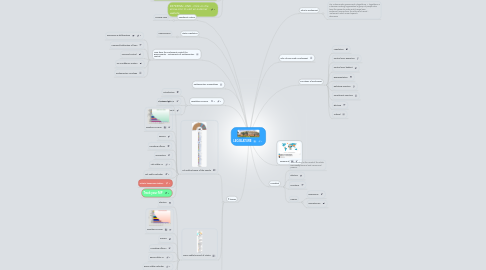LEGISLATURE
Door Tina Sathyakumari


1. TIPS to use Mind Map
1.1. NOTES - Click on icon to read notes. If the note is long, scroll up and down or sideways.
1.2. ATTACHMENT - Click on icon for image preview. Click on the image to view enlarged image.
1.3. EXTERNAL LINK - Click on the arrow icon to visit an external website
2. State Legislature
2.1. Coming soon
3. How does the Parliament control the government? - Instruments of Parliamentary control.
3.1. Discussion & deliberation
3.2. Approval/ratification of laws
3.3. Financial control
3.4. No Confidence motion
3.5. Parliamentary privilege
4. Parliamentary Committees
5. Legislative Process
5.1. Introduction
5.2. Consideration
5.3. Enactment
6. 2 houses
6.1. Lok Sabha/House of the People
6.1.1. Election
6.1.2. Members & Term
6.1.3. Powers
6.1.4. Presiding officers
6.1.5. Opposition
6.1.6. Lok Sabha TV
6.1.7. Lok Sabha calendar
6.1.8. What's happening today?
6.1.9. Track your MP
6.2. Rajya Sabha/Council of States
6.2.1. Election
6.2.2. Members & Term
6.2.3. Powers
6.2.4. Presiding officers
6.2.5. Rajya Sabha TV
6.2.6. Rajya Sabha Calendar
6.2.7. What's happening today
6.2.8. Track your MP
6.3. Powers/Relationship between the houses
7. Panchayat System
7.1. Coming soon
8. What is Parliament
8.1. It is a democratic government's legislature. A legislature is a decision-making organisation/a group of people who have the power to make and change laws. Parliament comes from the old French word - 'Parlement' which meant speech, discussion
9. Why do we need a Parliament
10. Functions of Parliament
10.1. Legislation
10.2. Control over Executive
10.3. Control over budget
10.4. Representation
10.5. Debating Function
10.6. Constituent Function
10.7. Electing
10.8. Judicial
11. Bicameral
12. President
12.1. The President is the Head of the State. Has mostly nominal and ceremonial powers.
12.2. Election
12.3. Functions
12.4. Powers
12.4.1. Emergency
12.4.2. Discretionary
